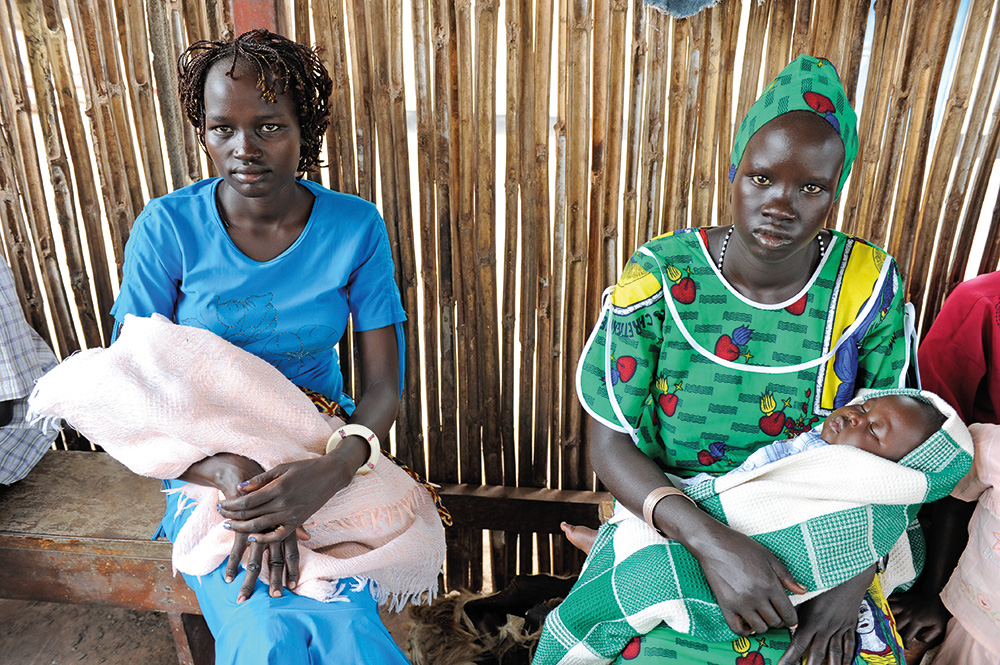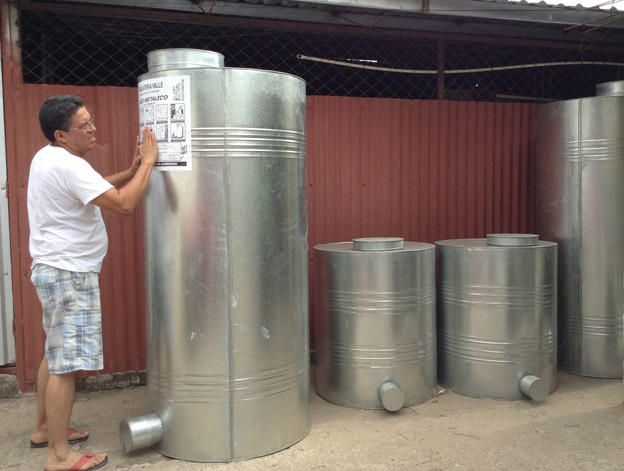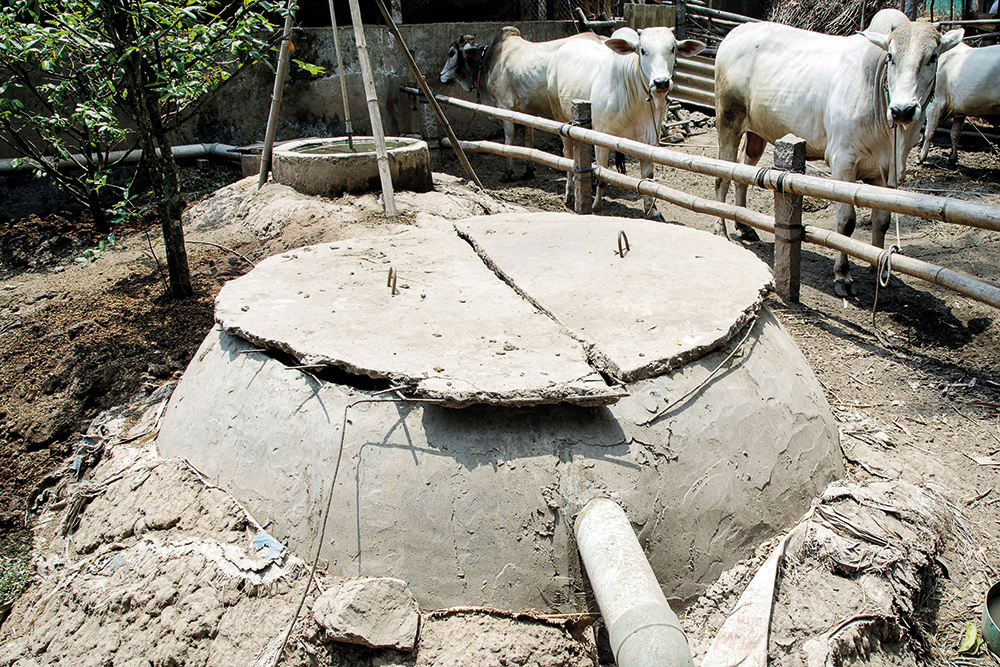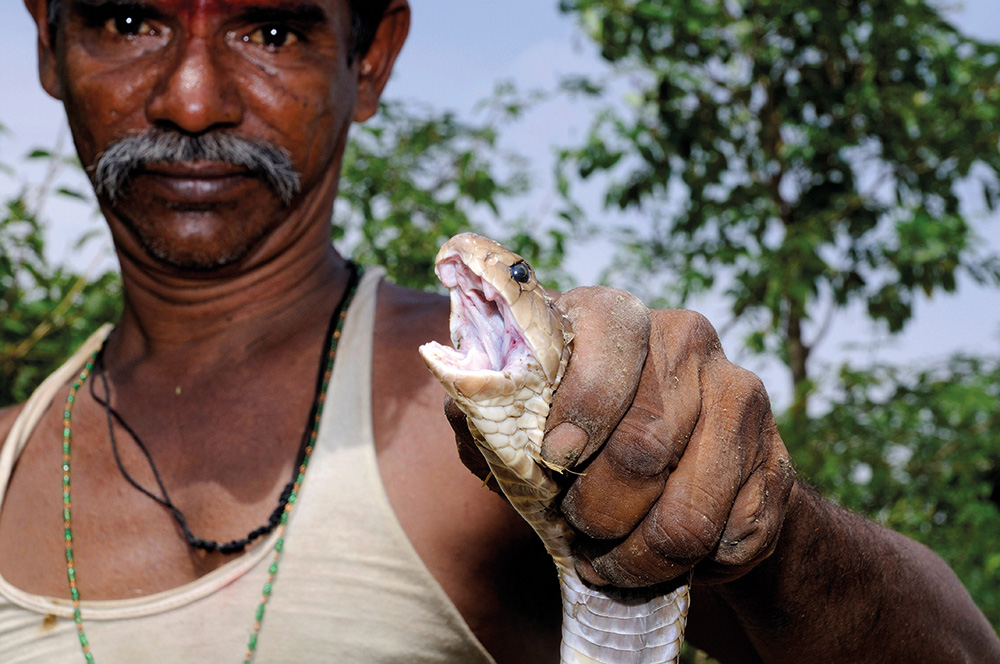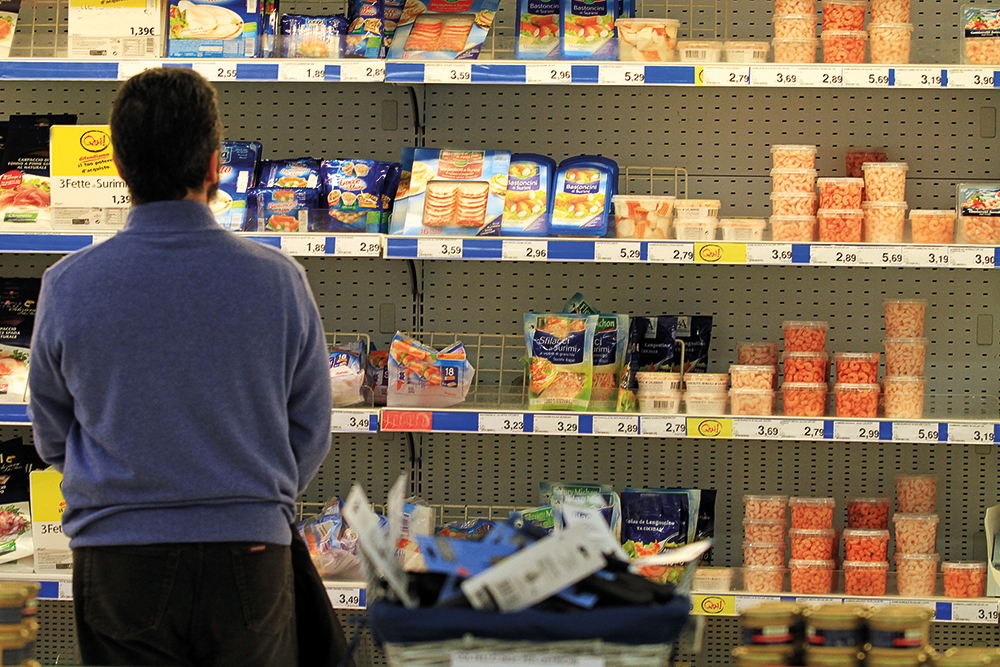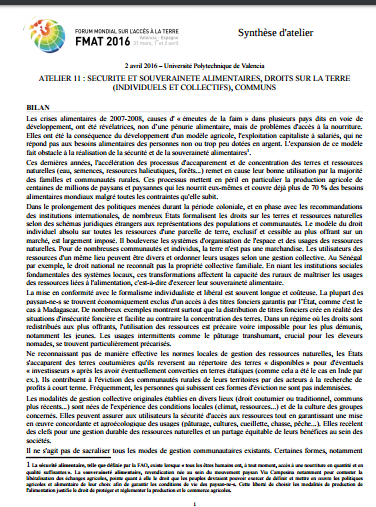To disentangle the issue concerning which dimensions of land rights, among security, tradability and pledgeability, affect agricultural outcomes, this paper exploits a unique partial land rights entitlement programme in Thailand, which guarantees only security, allows a limited access to credit, and prohibits any land sale. Based on an instrumental variable strategy, I find that the entitlement increases (1) second rice but not major rice productivity, (2) land use intensity, and leads to changes in (3) land use pattern, (4) land-related investment, and (5) better soil quality.

